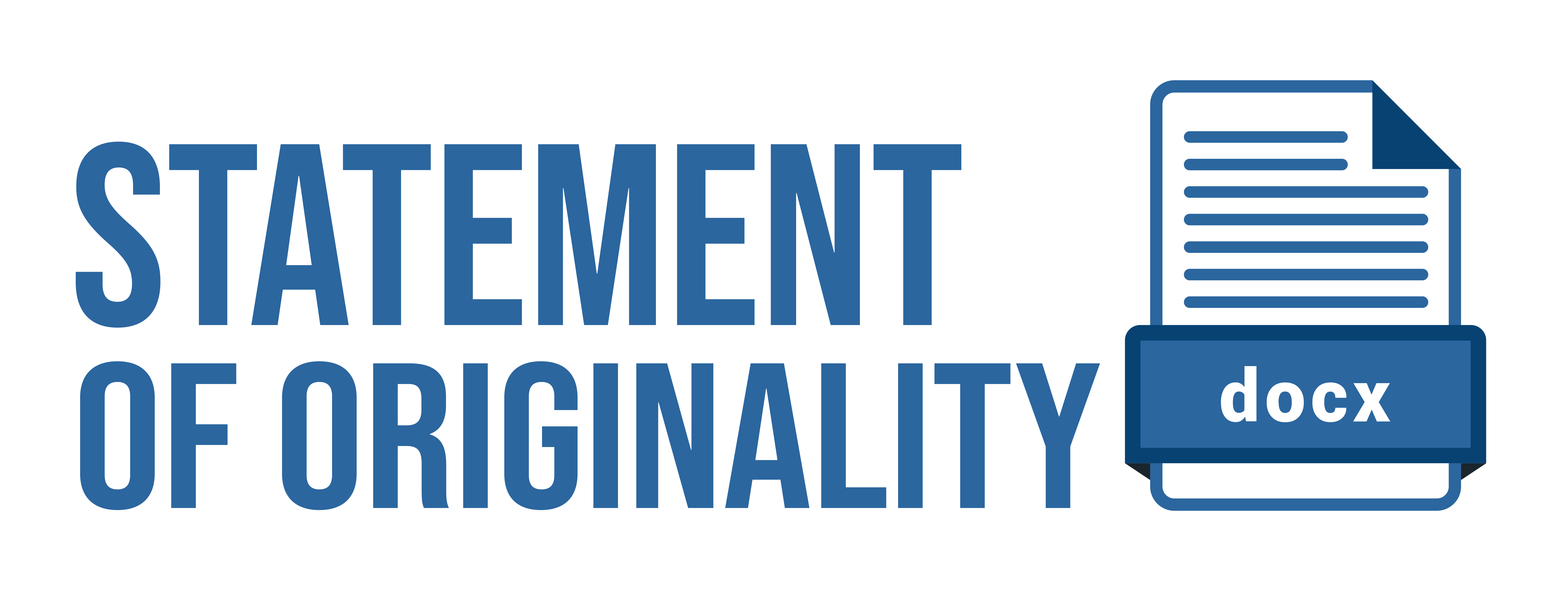THE CONCEPT OF JUSTICE IN QUR’AN AND HADITH
DOI:
https://doi.org/10.15575/as.v23i1.9520Keywords:
judiciary, judicial system, justice, al- Qur’an, HadithAbstract
Abstract: This paper tries to explain about the concept of justice both contained in al-Qur’an and hadith. As part of the implementation of Islamic law and the subsystem of national law, the role and position of the (Islamic) judiciary is very strategic and significant. The existence and position of the principles of justice not only lies in the theoretical development through academic studies, but also practically can provide its own color in the implementation of Islamic law in Indonesia. The implementation of the judicial principles is not only a normative individual obligation, but also a collective obligation involving both academics, legal practitioners and the government. Theoretically and practically, the principles of justice embodied in Qur’an and Hadith greatly affect the course of law and justice enforcement through religious court in Indonesia.
Abstrak: Tulisan ini mencoba menjelaskan tentang konsep keadilan baik yang tertuang dalam Alquran maupun hadits. Sebagai bagian dari implementasi hukum Islam dan subsistem hukum nasional, peran dan kedudukan lembaga peradilan (Islam) sangat strategis dan signifikan. Keberadaan dan kedudukan asas keadilan tidak hanya terletak pada perkembangan teoritis melalui kajian akademis, tetapi juga secara praktis dapat memberiÂkan warna tersendiri dalam penyelenggaraan syariat Islam di Indonesia. Pelaksanaan prinsip kehakiman bukan hanya kewajiban normatif individu, tetapi juga kewajiban kolektif yang melibatkan akademisi, praktisi hukum, dan pemerintah. Secara teoritis dan praktis, prinsip keadilan yang terkandung dalam Alquran dan Hadits sangat mempengaruhi perjalanan dan implementasi keadilan di Indonesia dalam upaya menegakkan hukum dan keadilan.
References
A. Scahedina, Abdulaziz. Penciptaan Tatanan Sosial Yang Adil Dalam Islam Dalam Mumtaz Ahmad Dalam Masalah-Masalah Teori Politik Islam Terjemahan Oleh Ena Hadi. Bandung: Mizan, 1996.
Abidin Ahmad, Zainal. Negara Adil Makmur Menurut Ibnu Siena. Jakarta: Bulan Bintang, 1974.
Almubarok, Fauzi. “Keadilan Dalam Persfektif Islam.†Istighna 1, no. 2 (2018): 115–43.
Ash-Shiddeqy, Hasbi. Peradilan Dan Hukum Acara Islam. Yogyakarta: PT. Ma’arif, 1994.
Burhanuddin, Ah Fathonih, Aden Rosadi, and Eneng Nuraeni. “Layanan Perkara Secara Elektronik (E-Court) Saat Pandemi Covid-19 Hubungannya Dengan Asas Kepastian Hukum†53, no. 9 (2019): 1689–99.
Fuadah, Aah Tsamrotul. “Penerapan Prinsip Hukum Acara Perdata Islam Di Pengadilan Agama.†Journal of Chemical Information and Modeling 53, no. 9 (1981): 1689–99.
Hasbi Ash-Shiddieqqy, Tengku Muhammad. Peradilan Dan Hukum Acara Islam. Semarang: PT. Pustaka Rizki Putra, 2001.
Ibnu Hajar Al-Asqalany, Al-Hafidh Imam. Bulughul Maram Min Adillatil Ahkam. Tasikmalaya: Pustaka Al-Hidayah, 2008.
Khan, M.S. Treatise of Miskawih on Justice, Terjemahan Oleh Jaenudin Dan Ahmad Jakia. Bandung: Al-Manar Press, 2009.
Madjid, Nurcholis. Pesan-Pesan Takwa. Jakarta: Paramadina, 2000.
Quraish Shihab, Muhammad. Wawasan Al-Quran. Bandung: Mizan, 1996.
Rosadi, Aden. “Dinamika Dan Sistem Hukum Penyelenggaraan Peradilan Agama Di Indonesia.†Al Ahkam 15, no. 1 (2019): 20–35.
Ruman, Yustinus Suhardi. “Keadilan Hukum Dan Penerapannya Dalam Pengadilan.†Humaniora 3, no. 2 (2012): 345. https://doi.org/10.21512/humaniora.v3i2.3327.
Salam Madkur, Muhammad. Al-Adha Fil Al-Islam. Kairo: Dar An-Nadha Al-Arabiyyah, n.d.
Simorangkir. Kamus Hukum. IX. Jakarta: Sinar Grafika, 2005.
Siregar, Bismar. Hukum Hakim Dan Keadialan Tuhan. Jakarta: Gema Insani, 1995.
Tahir, Muhammad. Negara Hukum. Jakarta: Kencana, 2004.
Wahab Khallaf, Abd. Kaidah-Kaidah Hukum Islam (Ilmu Ushulul Fiqhi), Diterjemahkan Oleh Noer Iskandar Al-Barsany Dan Moh. Thalchah Mansoer. Jakarta: PT. Raja Grafindo Persada, 1996.
Warson Munawir, Ahmad. Al-Munawwir (Kamus Arab-Indonesia). 1. Jakarta, 1996.
Downloads
Published
How to Cite
Issue
Section
Citation Check
License
The author whose published manuscript approved the following provisions:
- Authors retain copyright and grant the journal right of first publication with the work simultaneously licensed under a Attribution-ShareAlike 4.0 International (CC BY-SA 4.0) License that allows others to share the work with an acknowledgment of the work's authorship and initial publication in this journal.
- Authors are able to enter into separate, additional contractual arrangements for the non-exclusive distribution of the journal's published version of the work (e.g., post it to an institutional repository or publish it in a book), with an acknowledgment of its initial publication in this journal.
- Authors are permitted and encouraged to post their work online (e.g., in institutional repositories or on their website) prior to and during the submission process, as it can lead to productive exchanges, as well as earlier and greater citation of published work (See The Effect of Open Access).






